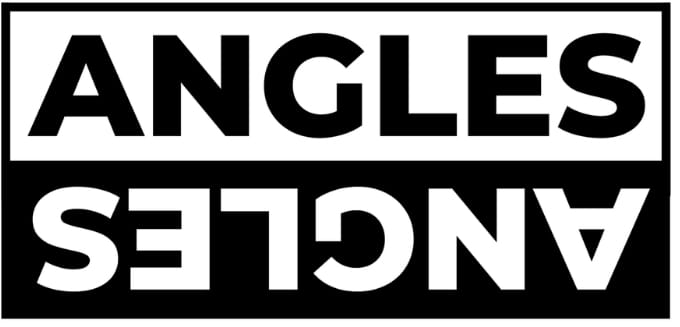ANGLES: National minimum wage, needed or detrimental for economy?
JOSHUA MORIN-BAXTER
jmorinbaxter17@ole.augie.edu
The institution of a national minimum wage is a gross overreach of federal power that ultimately harms the American worker by ignoring the myriad economic conditions in disparate areas of the country. It does not differentiate between large and small businesses, even though size is a key consideration in the effect of labor-cost increases.
A policy with such far-reaching distortions should not be advanced further with the increase of the minimum wage. Rather, the policy should be abandoned entirely.
Many proponents of an increased minimum wage claim that inflation or an increased cost of living require a country-wide wage hike. However, their argument reveals the very reason that the minimum wage should not be handled at the federal level.
A recent MIT study highlights a $22,000 disparity between the cost of living in the most and least expensive American counties.
No one-size-fits-all national mandate can possibly hope to reconcile such shockingly different needs.
What is the result of applying such a nonspecific band aid? The American Action Committee estimates that federally mandated wage hikes will kill “some 1.7 million jobs [which is] roughly 15 percent of a decade’s worth of jobs” by the end of this year.
The losses stem from the fact that a single, federally determined number fails to capture the countless variety of interwoven microeconomies in America and puts undue pressure on many commercial establishments to circumvent hiring minimum wage workers.
Minimum wage proponents dismiss the pro-business outlook by citing the disparity between the considerable profits of giant corporations such as McDonald’s and the apparently measly wages that their workers earn. It’s an attractive appeal for the underdog, but it fails to consider the real underdogs—the so-called small businesses of America.
There is no question that many national and international chains could afford to pay their employees an increased wage. But thousands of local restaurants and corner stores would be driven out of business by the increased labor costs, which already represent nearly two thirds of total operating expenses, according to Business Insider.
Small businesses create 55 percent of all American jobs and 66 percent of all net new jobs since the 1970s, according to Forbes, and they often rely on entry-level positions and high school students to perform day-to-day operations. Instead of protecting underpaid workers from greedy corporations, increasing the national minimum wage would give large corporations a greater advantage in the American economy.
A survey by EPIOnline reports that “73 percent of labor economists believe increases in the minimum wage will lead to employment losses, which will fall disproportionately on the least skilled workers.” A minimum wage increase most directly harms exactly those who it is purported to help.
Increasing the federal minimum wage simply perpetuates the idea that all state and local economies are created equal and can be treated interchangeably. It continues to provide local municipalities an excuse not to address poverty and inequality with policies relevant to their specific people, businesses and cultures.
Joshua Morin-Baxter is a freshman physics major from Rapid City, S.D.



